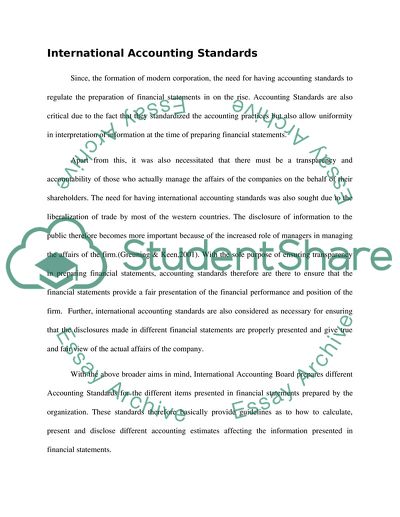Cite this document
(International Accounting Standards Research Paper, n.d.)
International Accounting Standards Research Paper. Retrieved from https://studentshare.org/finance-accounting/1724550-comment-on-a-standard-of-the-international-accounting-standards-board
International Accounting Standards Research Paper. Retrieved from https://studentshare.org/finance-accounting/1724550-comment-on-a-standard-of-the-international-accounting-standards-board
(International Accounting Standards Research Paper)
International Accounting Standards Research Paper. https://studentshare.org/finance-accounting/1724550-comment-on-a-standard-of-the-international-accounting-standards-board.
International Accounting Standards Research Paper. https://studentshare.org/finance-accounting/1724550-comment-on-a-standard-of-the-international-accounting-standards-board.
“International Accounting Standards Research Paper”, n.d. https://studentshare.org/finance-accounting/1724550-comment-on-a-standard-of-the-international-accounting-standards-board.


